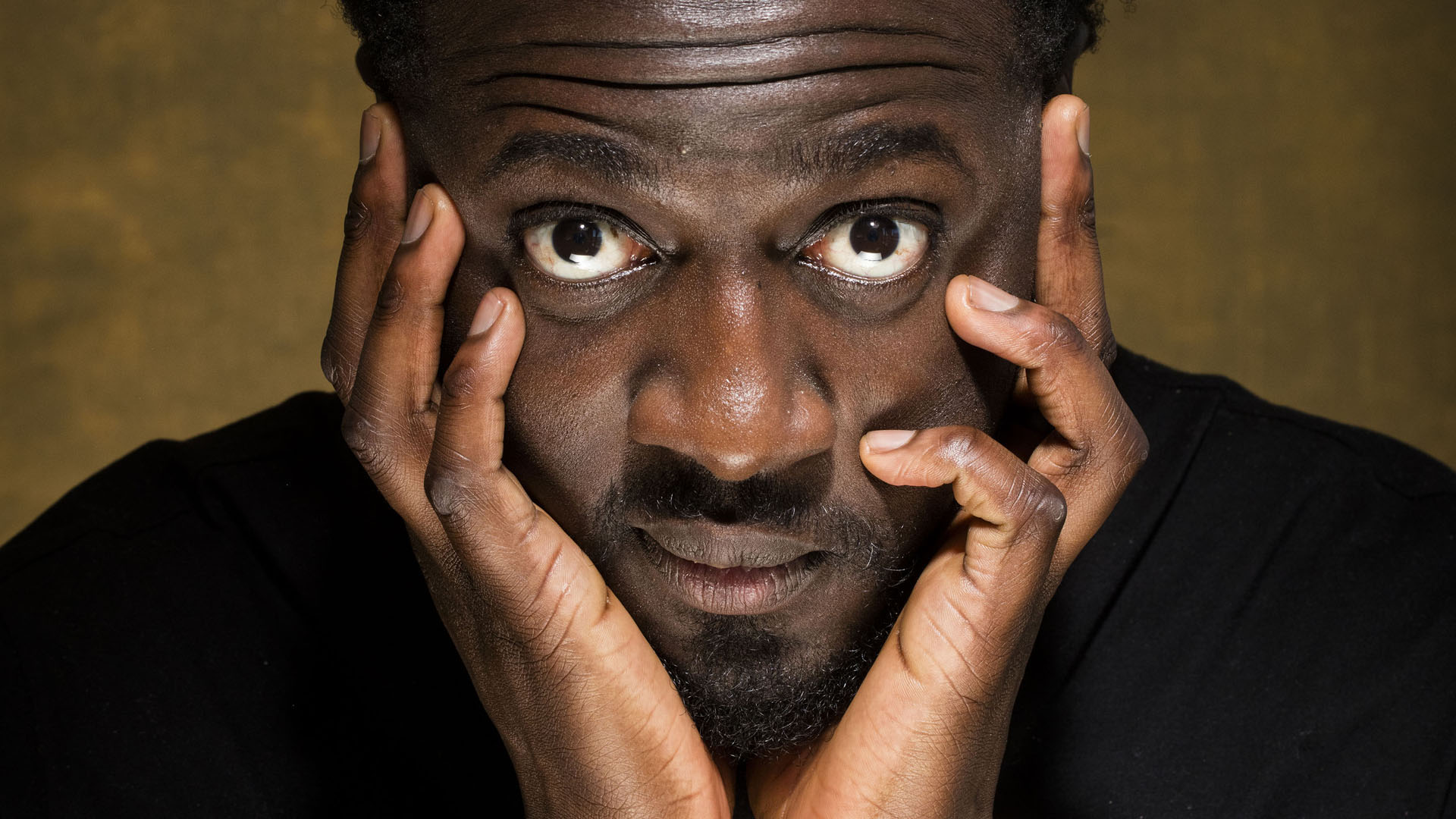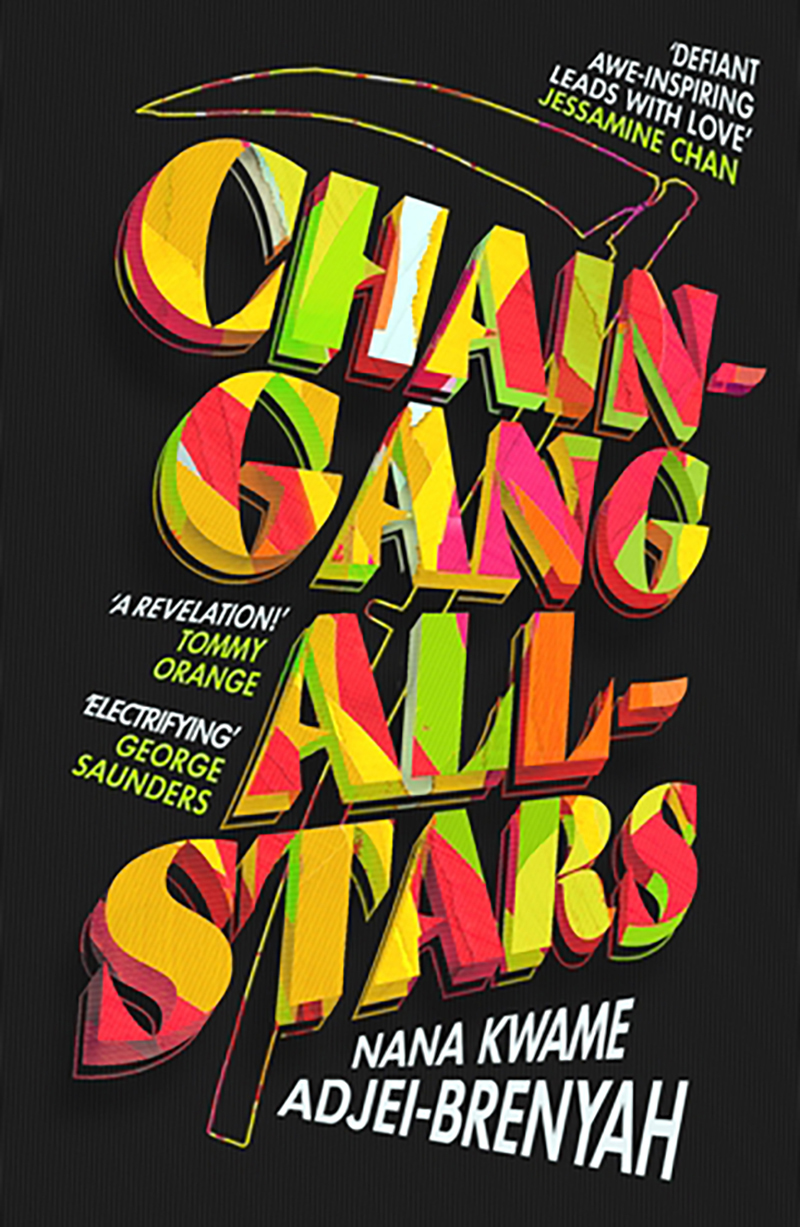“In the absence of compassion, something really nefarious grows. And that thing is really hard to bottle up, it seeps back into the culture, often as violence. We have this hope in America that we can build a wall and shove things we hate behind it. But that doesn’t work. We don’t get to hide a poison in this one little hole, it grows out everywhere. Because it’s people who are poisonous. That uncaring, ‘wealth over everything’ kind of thinking was emboldened under Donald Trump, but it has existed forever. It’s as American as America.” Speaking on the phone from a hotel room in Manchester, Nana Kwame Adjei-Brenyah is on fine, fiery form.
Five years ago his collection, Friday Black – a provocative and inventive set of dystopian stories about white misperceptions and racially aggravated injustice – created a stir in the literary world, and Barack Obama singled out the Ghanaian New York writer for his originality and chutzpah. Friday Blackwas The Big Issue 2018 book of the year; five years later he has published his debut novel, Chain-Gang All-Stars. Now 31, he’s no longer a mid-twenties firebrand rookie, but his punch is as powerful as ever, and his passion remains undiminished.
Chain-Gang All-Stars is, as its subversive title suggests, both a consideration of the US prison system and a salutary tale about where we draw the line regarding the exploitation of ‘contestants’ for primetime entertainment. But that sounds terribly dry; page by page, the gripping story of prison inmates Loretta Thurwar and Hamara ‘Hurricane Staxxx’ Stacker’s fates in a televised Squid Game-style gladiatorial is only nailbiting because we care so much about the characters involved. Thurwar and Stacker are teammates as well as lovers, and Adjei-Brenyah writes about them with as much tenderness as he writes about the American justice system with righteous anger.
Get the latest news and insight into how the Big Issue magazine is made by signing up for the Inside Big Issue newsletter
It was his deepening interest in Thurwar, originally set for a short story, which inspired him to write the novel. “I wanted to explore her character more because I was interested in this woman in the eye of the arena, and her response to being incarcerated,” he says. “I realised I had to do some research into our prisons, and that opened a huge can of worms. I enjoy the tip of the iceberg feeling you get with short stories. But in this case, even the novel felt like it’d be just the tip of the iceberg because the issue was so huge. Exploring Loretta as a human being, and all the people who orbit around her, was another absorbing task.
“There’s a particular way in which women, and maybe particularly a Black woman, and maybe even more particularly, a queer Black woman, can be attacked in a system like the carceral state. That’s a really useful way to explore how a woman in any position of power will be both respected and disrespected in the same breath, this kind of rising up then tearing down. That dynamic is really important to the kind of story I wanted to tell.”










